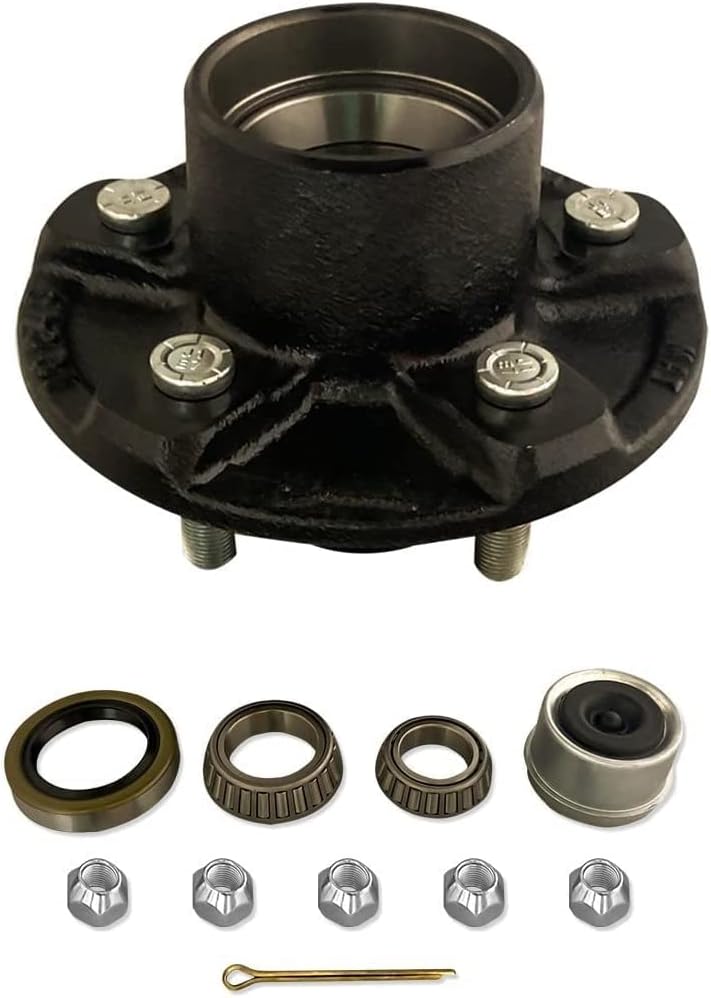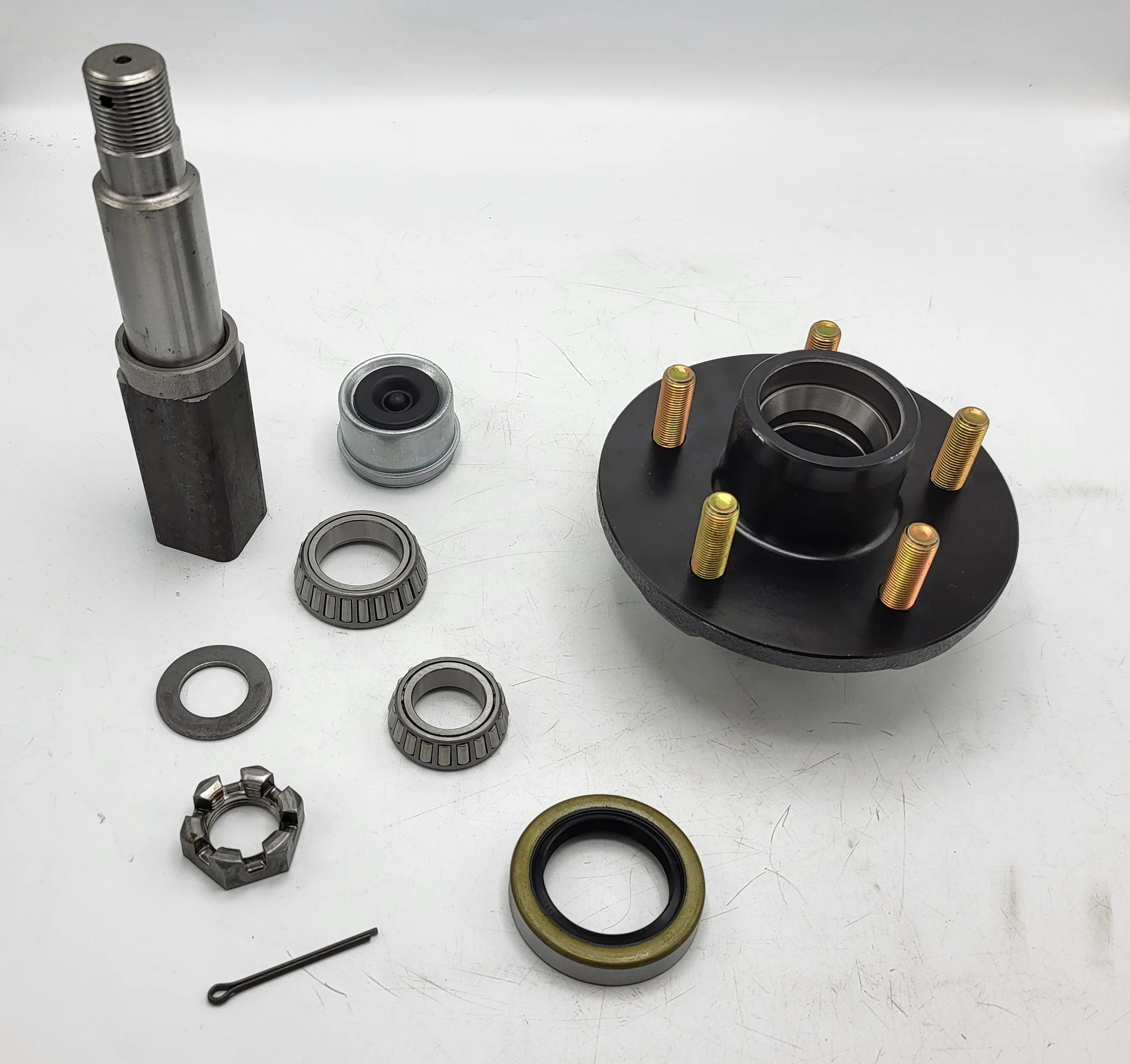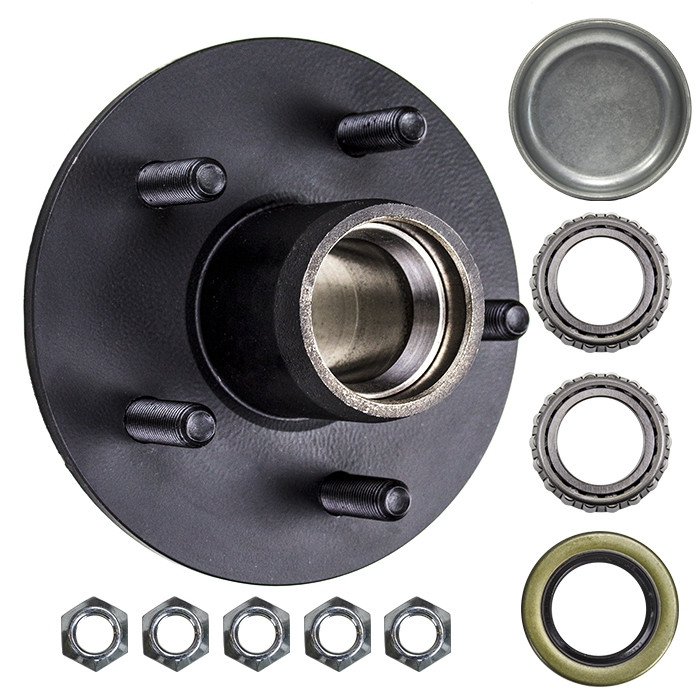Product Description
High Quality Truck Parts Rear Wheel Hub Assembly712-35700-6147 for SINOTRUK
| Company | ChinaMach Industry Co.,Ltd |
| Brand | SINOTRUK HOWO/WEICHAI/MAN/SHACMAN/FAW/FOTON/AUMAN/NORTHBENZ/SAN Y/XCM G/SHXIHU (WEST LAKE) DIS.I/SDLG |
| QUALITY | Original part/OE part |
| Payment term | T/T L/C , Flexible billing method |
| Packing | Standard packing |
We can provide:
TRUCK
Sales Chinese trucks and construction machinery,Provide modificationsu,pgrades, consulting services
SPARE TRUCK
Supply China Truck spare parts and construction machinery parts. Products Include: Sinotruk HOWO, CZPT , Fonton, Shacman,SHXIHU (WEST LAKE) DIS.I, SAN Y ,SDLG
SERVICE
Provide cargo warehousing, packaging, shipping and export agency services
Agent procurement, inspection The inspection agency
/* January 22, 2571 19:08:37 */!function(){function s(e,r){var a,o={};try{e&&e.split(“,”).forEach(function(e,t){e&&(a=e.match(/(.*?):(.*)$/))&&1
| Type: | Axle |
|---|---|
| Material: | Steel |
| Muffler Type: | Rear Muffler |
| Deck: | Single |
| Brand: | Sinotruk |
| Name: | Rear Wheel Hub Assembly |
| Samples: |
US$ 1/Piece
1 Piece(Min.Order) | |
|---|
| Customization: |
Available
| Customized Request |
|---|

What are the common symptoms of a failing axle hub, and how can they be identified?
Identifying the common symptoms of a failing axle hub is crucial for timely diagnosis and repair. Here’s a detailed explanation of the common symptoms and how they can be identified:
1. Wheel Vibrations:
One of the common symptoms of a failing axle hub is noticeable wheel vibrations. As the hub becomes worn or damaged, it may cause the wheel to wobble or shake while driving. These vibrations can be felt through the steering wheel, floorboard, or seat. To identify this symptom, pay attention to any unusual vibrations that occur, especially at higher speeds.
2. Grinding or Growling Noises:
A failing axle hub can produce grinding or growling noises. This can be an indication of worn-out or damaged wheel bearings within the hub. The noise may vary in intensity, and it is often more pronounced during turns or when the vehicle is in motion. To identify this symptom, listen for any unusual grinding or growling sounds coming from the wheels while driving.
3. Wheel Play or Looseness:
A failing axle hub can result in wheel play or looseness. When the hub is damaged or worn, it may not provide a secure mounting point for the wheel. As a result, the wheel may have excessive play or feel loose when you attempt to wiggle it by hand. To identify this symptom, jack up the vehicle and try to move the wheel in different directions to check for any abnormal movement.
4. Uneven Tire Wear:
A failing axle hub can contribute to uneven tire wear. If the hub is damaged, it can affect the alignment and cause the tire to wear unevenly. Look for signs of abnormal tire wear, such as excessive wear on one side of the tire or feathering patterns. Uneven tire wear may also be accompanied by other symptoms, such as vibrations or pulling to one side while driving.
5. ABS Warning Light:
In some cases, a failing axle hub can trigger the ABS (Anti-lock Braking System) warning light on the vehicle’s dashboard. This can occur if there is a problem with the wheel speed sensor, which is often integrated into the hub assembly. The ABS warning light indicates a fault in the braking system and should be diagnosed using a diagnostic tool by a qualified technician.
6. Visual Inspection:
A visual inspection can also help identify signs of a failing axle hub. Look for any visible damage or wear on the hub, such as cracks, corrosion, or bent flanges. Additionally, check for any leaking grease around the hub or signs of excessive heat, which can indicate bearing failure.
7. Professional Diagnosis:
If you suspect a failing axle hub but are unsure, it is recommended to have the vehicle inspected by a qualified mechanic. They can perform a comprehensive examination of the wheel assembly, including the hub, bearings, and associated components. They may use specialized tools and equipment to measure wheel play, check for bearing wear, and assess the overall condition of the hub.
In summary, common symptoms of a failing axle hub include wheel vibrations, grinding or growling noises, wheel play or looseness, uneven tire wear, ABS warning light activation, and visible damage. It is essential to pay attention to these symptoms and seek professional diagnosis and repair to prevent further damage and ensure the safe operation of the vehicle.

What role does the ABS sensor play in the context of an axle hub assembly?
The ABS (Anti-lock Braking System) sensor plays a crucial role in the context of an axle hub assembly. It is an integral component of the braking system and is responsible for monitoring the speed and rotational behavior of the wheels. Here’s a detailed explanation of the role of the ABS sensor in the context of an axle hub assembly:
- Wheel speed monitoring: The primary function of the ABS sensor is to monitor the rotational speed of the wheels. It does this by detecting the teeth or magnetic patterns on a tone ring or reluctor ring mounted on the axle hub or adjacent to the wheel hub. By continuously measuring the speed of each wheel, the ABS sensor provides crucial data to the vehicle’s ABS system.
- Anti-lock Braking System (ABS): The ABS system utilizes the data provided by the ABS sensors to determine if any wheel is about to lock up during braking. If a wheel is on the verge of locking up, the ABS system modulates the braking pressure to that wheel. This prevents the wheel from fully locking up, allowing the driver to maintain control of the vehicle and reducing the risk of skidding or loss of steering control.
- Traction control: In addition to aiding the ABS system, the ABS sensors also play a role in the vehicle’s traction control system. By continuously monitoring the rotational speed of the wheels, the ABS sensors assist in detecting any wheel slippage or loss of traction. When a wheel slips, the traction control system can adjust the engine power output or apply brake pressure to the specific wheel to regain traction and maintain stability.
- Stability control: Some modern vehicles incorporate stability control systems that rely on the ABS sensors to monitor the rotational behavior of the wheels. By comparing the speeds of individual wheels, the stability control system can detect and mitigate any potential loss of vehicle stability. This may involve applying brakes to specific wheels or adjusting engine power to help the driver maintain control in challenging driving conditions or during evasive maneuvers.
- Diagnostic capabilities: The ABS sensors also provide diagnostic capabilities for the vehicle’s onboard diagnostic system. In the event of a fault or malfunction within the ABS system, the ABS sensors can transmit error codes to the vehicle’s computer, which can then be retrieved using a diagnostic scanner. This aids in the identification and troubleshooting of ABS-related issues.
The ABS sensor is typically mounted near the axle hub, with its sensor tip in close proximity to the tone ring or reluctor ring. It generates electrical signals based on the detected rotational patterns, which are then transmitted to the vehicle’s ABS control module for processing and action.
In summary, the ABS sensor plays a vital role in the context of an axle hub assembly. It monitors the rotational speed of the wheels, providing essential data for the ABS system, traction control, and stability control. The ABS sensor helps prevent wheel lockup during braking, enhances traction in slippery conditions, aids in maintaining vehicle stability, and contributes to the diagnostic capabilities of the ABS system.

Are there any recalls or common issues associated with specific axle hub models?
Recalls and common issues can occur with specific axle hub models due to manufacturing defects, design flaws, or other factors. Here’s a detailed explanation:
It’s important to note that specific recalls and common issues can vary depending on the make, model, and year of the vehicle, as well as the specific axle hub manufacturer. Manufacturers and regulatory bodies such as the National Highway Traffic Safety Administration (NHTSA) monitor and address safety concerns related to axle hubs through recalls and investigations.
Recalls are typically initiated by the vehicle manufacturer or the axle hub manufacturer in response to identified safety defects or non-compliance with safety standards. Recalls aim to address the issues and rectify any potential safety risks associated with the axle hub models. They may involve inspections, repairs, or replacements of the affected components.
To determine if there are any recalls or common issues associated with specific axle hub models, it is recommended to check the following sources:
- Manufacturer’s Website: Visit the official website of the vehicle manufacturer or the axle hub manufacturer. They often provide information on recalls, technical service bulletins (TSBs), and common issues related to their products. Look for any relevant information specific to the axle hub models in question.
- NHTSA Website: The NHTSA maintains a comprehensive database of recalls and investigations related to vehicle components, including axle hubs. Their website allows users to search for recalls and investigations by specific make, model, and component. You can use their search tool to check if there are any recalls or investigations associated with the axle hub models of interest.
- Owner Forums and Online Communities: Online forums and communities dedicated to specific vehicle makes and models can be a valuable source of information. Owners often share their experiences, including common issues they have encountered with axle hub models. It’s important to consider multiple sources and exercise caution when relying on anecdotal information.
- Service Centers and Mechanics: Local service centers and mechanics who specialize in the specific vehicle make or have experience with the axle hub models in question may be aware of any recalls or common issues. They can provide insights based on their firsthand knowledge and experience.
By consulting these sources, you can gather information about any recalls or common issues associated with specific axle hub models. If any recalls or safety concerns are identified, it is recommended to contact the vehicle manufacturer or a certified dealership to inquire about the necessary actions, such as inspections or repairs, to address the issues.
In summary, recalls and common issues can occur with specific axle hub models. Checking the manufacturer’s website, the NHTSA website, owner forums, and consulting with service centers and mechanics can provide valuable information regarding any recalls or common issues associated with the axle hub models of interest. It’s important to stay informed and take appropriate actions to address any identified safety concerns.


editor by CX 2024-05-13